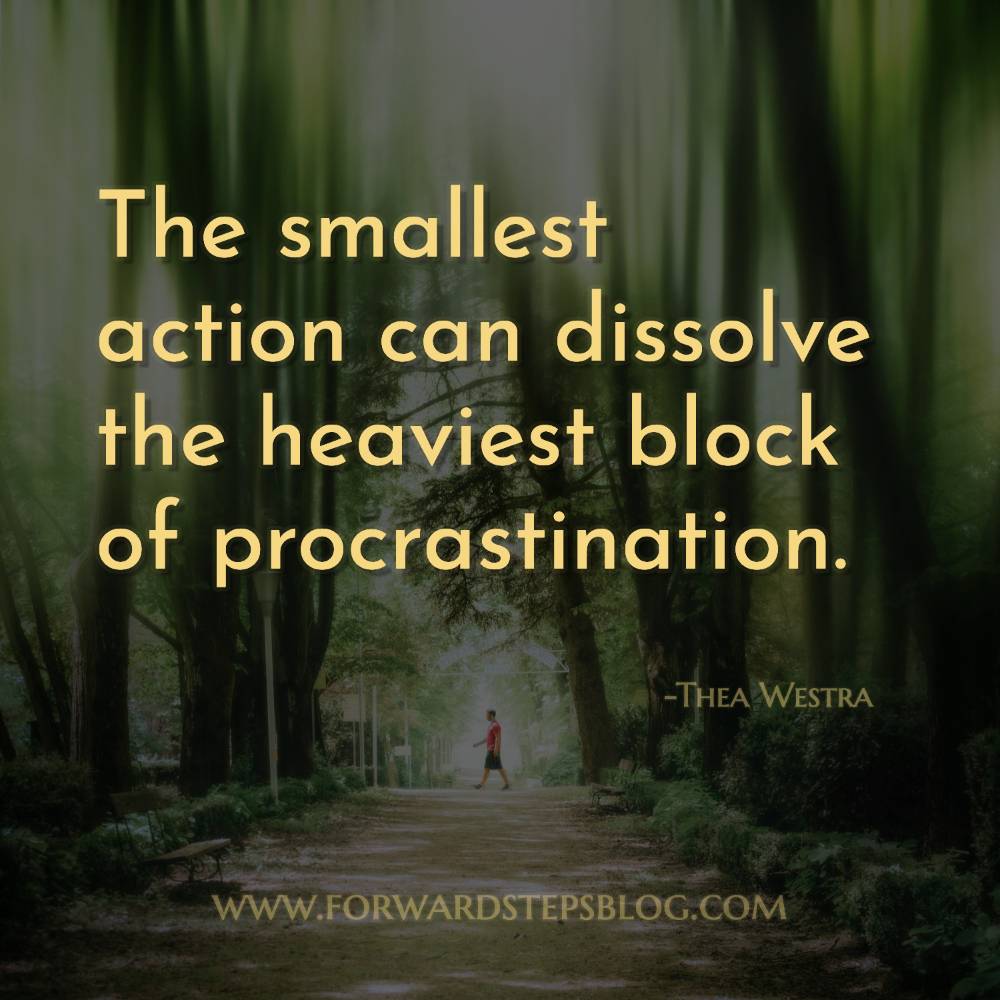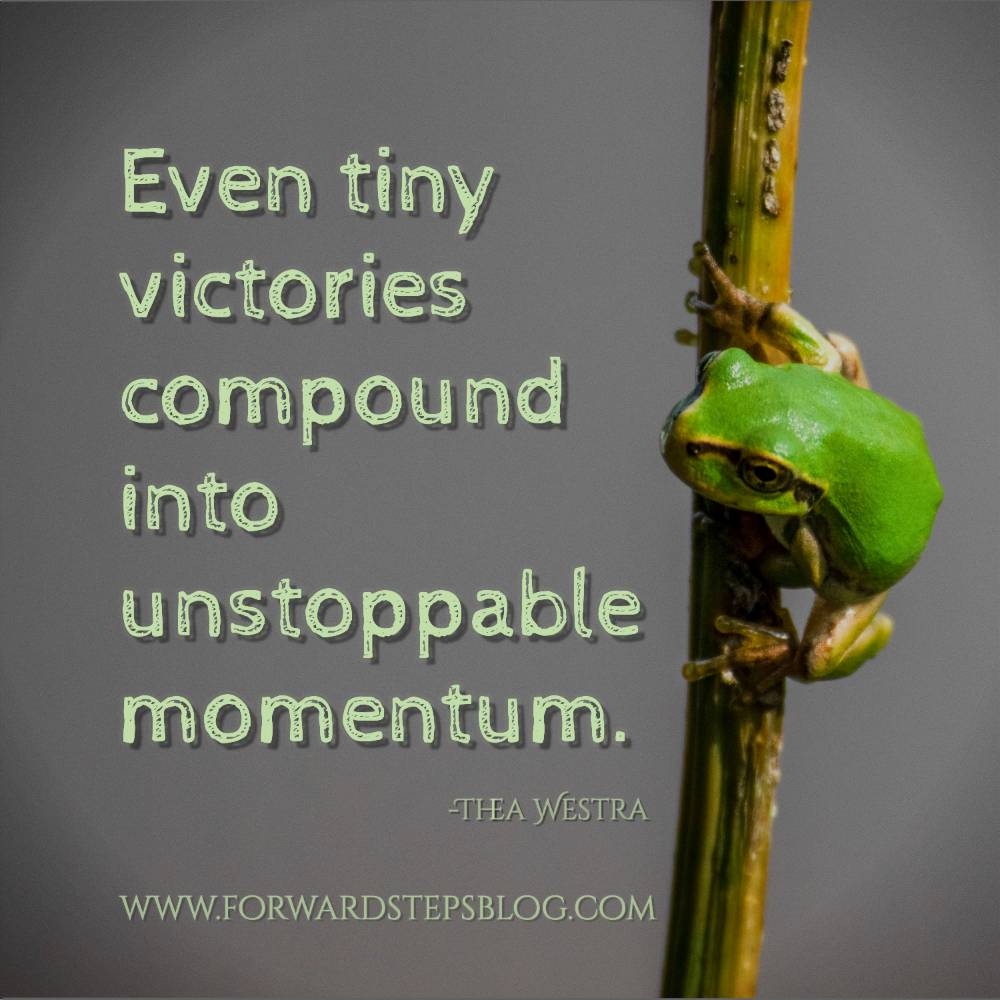When Motivation Packs Its Bags
Motivation never leaves politely. It slips away without warning, leaving you staring at a half-finished project or the treadmill gathering dust. One day you are charged up, convinced you have turned a corner. The next you feel as if you are dragging yourself through mud, wondering why you even cared in the first place.
 It can feel personal, like a character flaw. People talk about being “naturally motivated” or “self-disciplined”, as though these were genetic gifts you missed out on.
It can feel personal, like a character flaw. People talk about being “naturally motivated” or “self-disciplined”, as though these were genetic gifts you missed out on.
The truth is, motivation has rules. It does not float about randomly, visiting some lucky souls and abandoning others. It thrives when we give it the right conditions and it wilts when those conditions collapse. To keep it alive we have to first understand what strangles it.
The Quiet Momentum Thieves
Motivation rarely dies from one big blow. It fades through a hundred small cuts. A vague goal that never gets clear enough to grab hold of. A creeping perfectionism that keeps you polishing the same paragraph instead of finishing the project. A voice in your head that says you’re behind, that others are ahead, that you should have been further along by now.
Small steps every day beat heroic bursts once in a while. Share on XComparison might be the most poisonous. We scroll through feeds that make everyone else look unstoppable. Their wins appear bigger, their life more put-together, their discipline flawless. Meanwhile, you are still trying to get out of bed. No wonder the spark dies.
Even when you have clarity and courage, burnout can strike. Doing too much, saying yes to everything, staying up late and running on caffeine eventually crushes enthusiasm. The very thing that once excited you becomes heavy. It is hard to feel motivated when your body is begging for rest.

The Psychology Behind the Drop
There is science explaining this decline. Psychologists talk about our need for three things, autonomy, competence and connection. When you feel you have no control over what you’re doing, when you feel incompetent at it or when you feel disconnected from others, motivation fizzles.
There is also the “overjustification effect”, when we start doing something purely for external rewards like money or praise, our inner drive to do it for its own sake weakens. It is why turning hobbies into work sometimes drains the joy out of them.
Energy flows where attention goes and what you focus on expands. Share on XEven your brain resists change. Once you’ve built a habit of procrastination or self-criticism, your thoughts loop in the same grooves. It is called cognitive inertia, mental momentum that keeps you stuck even when you want to move forward.
Knowing this is freeing. It means your lack of motivation is not laziness. It is often the result of unmet psychological needs or mental ruts.
Dealing With Emotional Resistance
Sometimes the real reason motivation stalls has nothing to do with time, tools or goals. It’s emotional. Fear of looking foolish, anger about being pushed into something, shame from past failures, these feelings sit quietly in the background, pulling the brakes on your actions. You might call it procrastination, yet often it’s avoidance dressed up as busyness.

Once you see it clearly, break the task down until it feels safe enough to start. Write just the first sentence, send just one message, sketch just one idea. The goal is not to finish everything at once, it’s to get past the emotional block and into motion. Movement itself often dissolves fear.
Talking it through with someone you trust can help as well. A friend or mentor can remind you that the fear is often bigger in your mind than it is in reality. Clearing the emotional clutter frees up energy that was being used to fight the task, leaving more available for doing the work.
Clarity, The First Revival
When motivation dies, clarity is often the first antidote. If your goal is vague, energy has nowhere to land. It is like trying to throw a dart at fog. You can feel restless and still never hit anything because there is nothing concrete to aim for.
Motivation is a wave not a constant, learning to ride it changes everything. Share on XTake time to define what you want in detail. “Get fit” becomes “walk thirty minutes after dinner four nights a week”. “Write a book” becomes “write five hundred words before work each weekday”. When you know exactly what counts as progress, even small wins generate a quiet hit of satisfaction that fuels the next action.
Clarity also means deciding what is “enough”. Perfection is a moving target that drains momentum. Set limits, finish things, ship them even when they are slightly rough. Motivation feeds on completion, not endless polishing.
Rituals That Keep Motivation Alive
Motivation tends to fade when every day feels random and unstructured. Rituals create a rhythm that keeps you moving even when you do not feel like it. They work because they take decision-making out of the moment. When you have a ritual, you don’t ask yourself “Do I feel like it?”, you just start.

Celebrating small wins is another powerful ritual. When you tick something off your list, pause and recognise it, not with a party, just with a deep breath or a moment of satisfaction. This trains your brain to associate progress with reward, which keeps motivation topped up.
Rituals do not have to be rigid. They should support you, not become another source of pressure. If a ritual starts feeling heavy or stale, refresh it. Swap the playlist you work to, change the location where you start your day or switch the order of your tasks. The point is to keep the habit alive and easy, not perfect.
Protecting Your Mental Space
Comparison is one of the fastest ways to flatten your drive. Reducing comparison is not about ignoring the world, it is about curating what gets into your head. Unfollow the accounts that leave you feeling smaller. Seek out people who share the messy parts of growth. Watch your own progress more than others’ highlight reels.
Low-energy days are not failures they are invitations to reflect and reset. Share on XGuarding mental space also means noticing self-talk. If you catch yourself saying “This is pointless” or “I am behind”, pause. Ask if it is even true. Collect evidence of past wins and revisit them often. Proof that you’ve overcome difficulty before is a powerful counter to the inner critic.
Sometimes the most practical mental protection is physical. Skipping sleep is one of the fastest ways to crash motivation. Rest is not indulgence, it is maintenance. A tired brain does not feel motivated because it literally cannot produce the neurochemicals that create motivation.
Designing an Environment That Inspires Action
Motivation is often treated as a purely internal problem, however your surroundings play a much bigger role than most people admit. A messy desk, an uncomfortable chair or constant pings from your phone can quietly drain the will to start. When your environment is cluttered, every task feels heavier because your brain is processing distractions before it even begins.

It also helps to design “friction” for the habits you are trying to avoid. Delete the social media app that swallows an hour of your time. Keep junk food out of the pantry. Turn off notifications during deep work sessions. Motivation is less about heroic self-control and more about stacking the deck in your favour so the right choice is the easiest one to make.
Restoring Energy and Meaning
Energy is more than just sleep. It is about how you manage your day. Too many commitments stacked back-to-back create a constant sense of urgency that numbs enthusiasm. Declutter the calendar. Cut out what is not essential. Leave breathing room between tasks.
Meaning is equally vital. If the work feels like someone else’s idea of a good life, motivation slips. Connect the action to your own values. Even mundane tasks can carry meaning when you know who benefits or what kind of person you are becoming by doing them.
Action breaks the paralysis of fear faster than thought. Share on XThis is where many breakthroughs happen. People rediscover motivation not by pushing harder, rather by reconnecting to why they cared in the first place. Sometimes it is about letting go of goals that no longer fit. Not every dream deserves to be pursued forever. Dropping one can free energy for something that truly matters.
Learning to Ride the Motivation Wave
Motivation is not meant to stay high all the time. Expecting constant drive is like expecting the tide never to go out, it sets you up for disappointment. Instead of chasing a permanent state of inspiration, learn to work with the natural rhythm of your energy.

When energy dips, don’t see it as a personal flaw. Use those times for easier wins, admin, planning, reading, reflecting or for deliberate rest. Pushing through everything at maximum speed eventually backfires and leads to burnout, which is the fastest way to flatten motivation long-term.
Seeing motivation as a wave makes the process gentler. Instead of blaming yourself when the wave goes out, you can trust that it will come back in. Your job is to be ready to ride it when it does and to use the low points for recovery rather than self-criticism.
The Role of Accountability
Motivation survives longer when it is not left alone. Telling someone your goal creates a gentle social pressure to follow through. This is not about shame. It is about feeling seen. We are wired for connection and that wiring helps us act.
Feedback helps too. Without it, progress is invisible and feels pointless. Seek feedback from people you trust, people who want you to win. Track your own results, not obsessively, yet enough to know when you are drifting.
You reclaim motivation by taking the next step, always the next step. Share on XEven a small weekly check-in with yourself can reignite commitment. Ask what worked, what did not, what you will try next week. The act of noticing keeps the project alive in your mind.
When the Tank Is Empty
Some days motivation simply refuses to show up. Forcing yourself can backfire. Instead, take the smallest possible step, write one sentence, do five push-ups, send one email. Small moves restart momentum without requiring a surge of energy.

Changing your environment can also revive motivation. Work from a different spot, walk a different route, meet a friend who lifts you up. Sometimes what needs changing is not you, it’s the air you’re breathing.
Motivation is not a permanent state. It is more like a tide, it comes and goes, however it always returns if you remove the blocks that hold it back. The point is not to stay constantly inspired, it’s to know what smothers your drive, catch it early and bring it back to life. You are not broken when motivation leaves. You are simply being invited to notice what matters, fix what is draining you and take one step forward again.
PLUS check out these free gifts from friends… CHECK out the following great resources as well…Forward Steps Personal Development »









